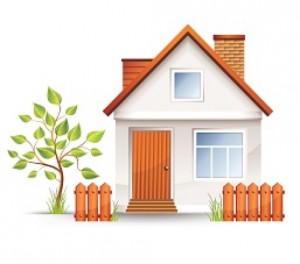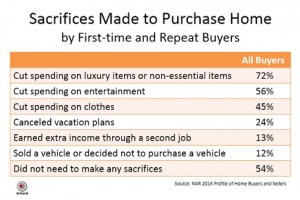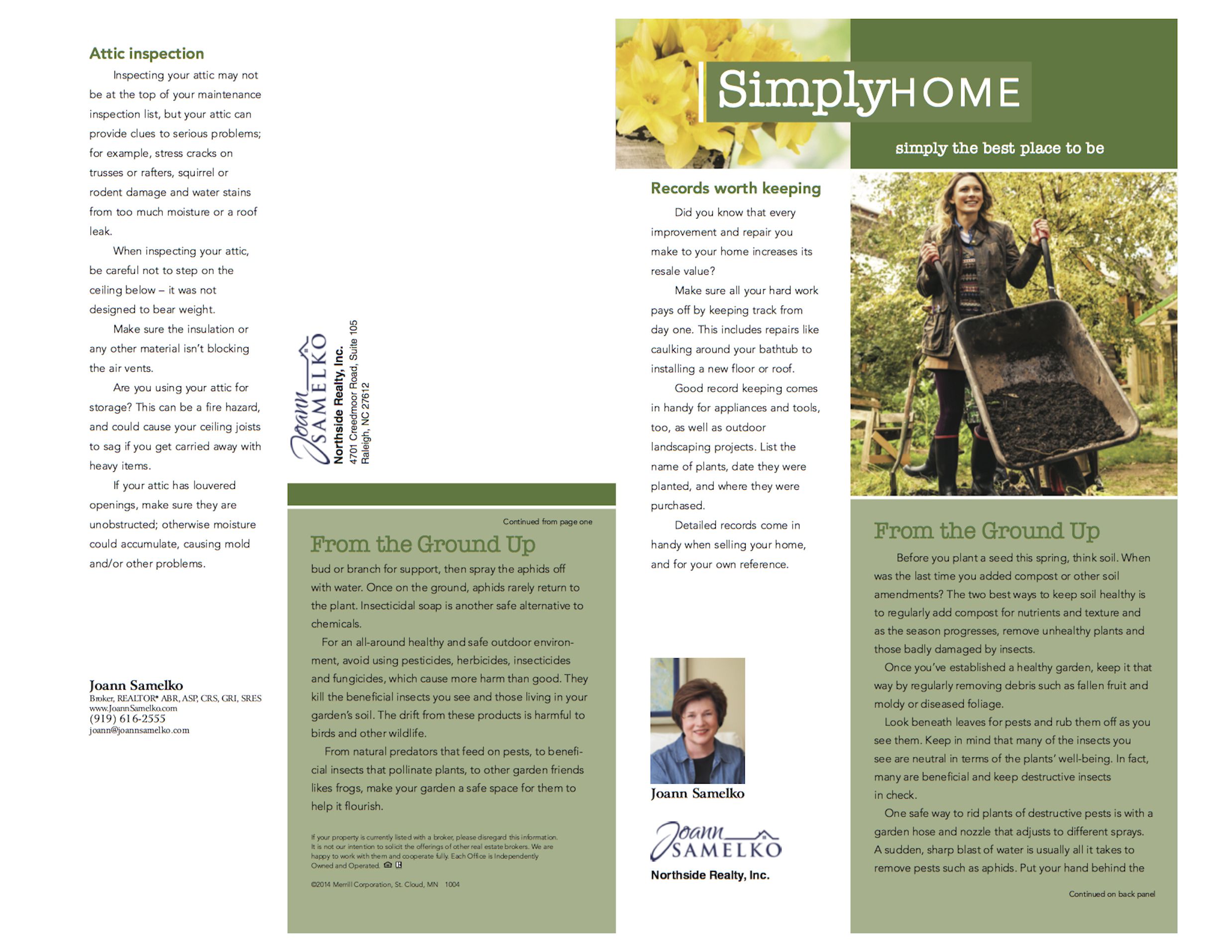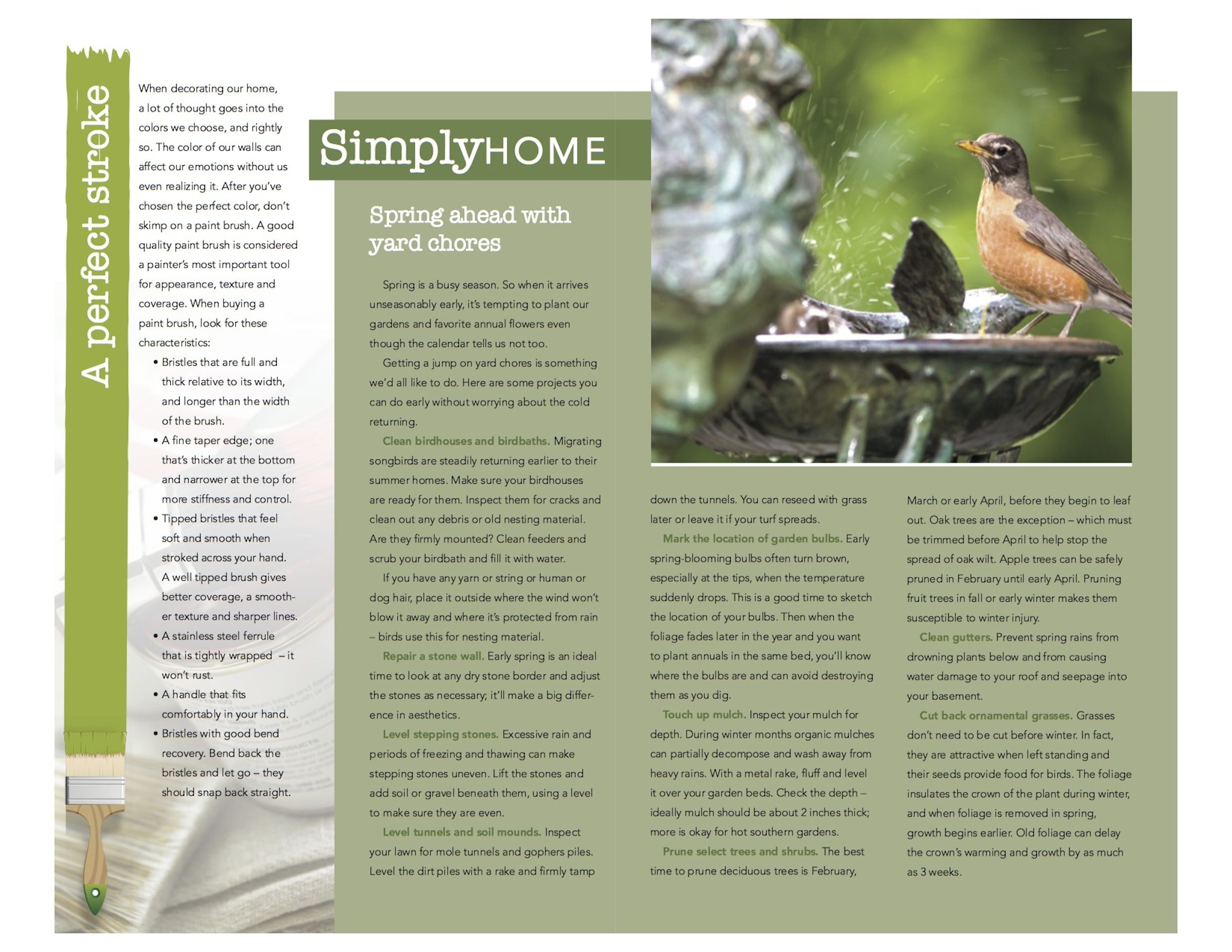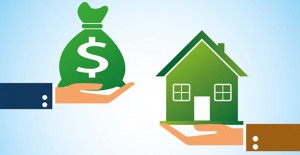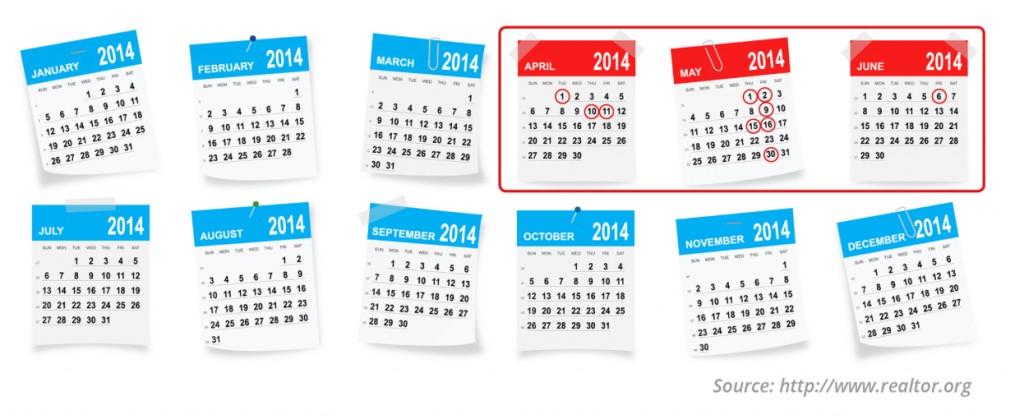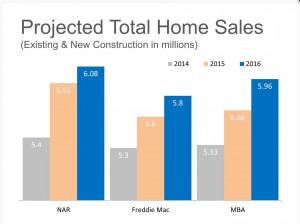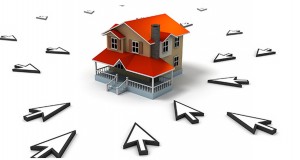There are sites all over the web that offer to tell you what your home is worth. Simply plug in your address and email and you’ll get a value. It’s fast; it’s easy but is it accurate?
There are sites all over the web that offer to tell you what your home is worth. Simply plug in your address and email and you’ll get a value. It’s fast; it’s easy but is it accurate?
The value is determined by what is called an Automated Valuation Model (AVM) that analyzes public record data with computer decision logic. Square footage, age, number of bedrooms and location are easily definable objective data. The challenge is identifying, measuring and comparing the subjective data.
An AVM cannot identify how unique features might add or detract from the value, if the market is declining or why the comparable sales apply or don’t apply to the subject property. Is a home worth more because it is near shopping or less because it is across the street from a high-traffic commercially zoned property?
Experienced professionals are more likely to make proper adjustments for condition, market appeal and positive and negative influences.
Imagine that you’re going out for dinner and you consult HamburgerAVM.com to tell you how much a hamburger is worth. It might be accurate based on condiments, vegetables and weight but can it address things like taste, quality, cleanliness, service, convenience or atmosphere. You certainly couldn’t present the printout to the waiter to negotiate a lower price.
An AVM can be a tool that a homeowner, prospective buyer, mortgage officer, appraiser or real estate agent can use to get a quick idea of price but there are inherent limitations that can only be considered by personal examination balanced with experience in the market place.
Experience and understanding of the subject property and the marketplace are critical to having confidence that a value is accurate. Any person could go through the same steps to arrive at a value but an experienced, well-trained professional is far more likely to assess all of the variables more accurately.
Allow me to help you determine the value of your Triangle home. Contact me to prepare a complimentary home evaluation.


